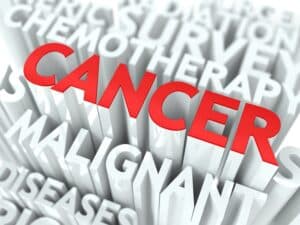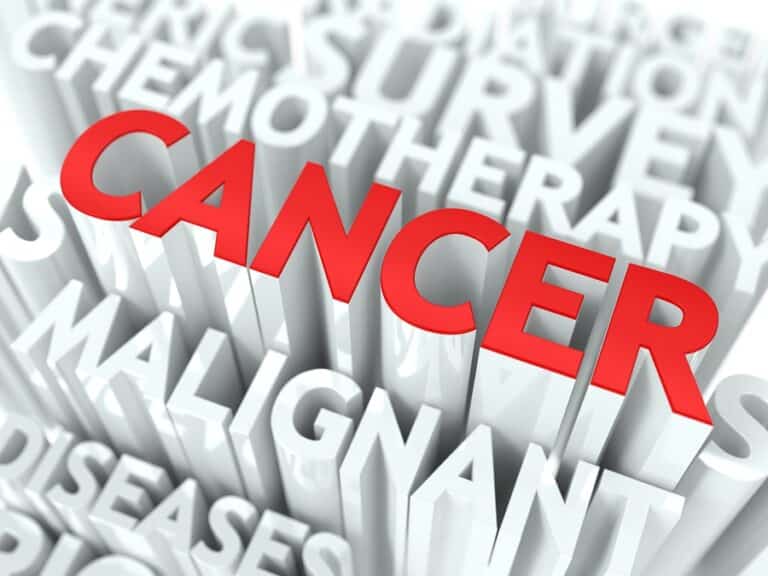The bladder is a hollow muscular organ in the lower abdomen that stores urine. Bladder cancer occurs when the cells of that organ change and grow uncontrollably, developing a tumor. It usually begins in the cells (urothelial cells) that line the inside of the bladder.
If there’s ever good news about cancer, it is that bladder cancer is often diagnosed at an early stage, when the cancer is highly treatable. It helps to know the symptoms as well as what risk factors make it more likely that your elderly parent may develop bladder cancer. Once you know both, you and your home care provider can work with your parent to notice any symptoms and even work on reducing some of the risk factors.
Symptoms of bladder cancer
- Lower back pain, especially if it is contained to one side
- Frequent need to urinate
- Painful urination
- Blood in the urine
Risk factors increase the possibility of cancer in your elderly parent. Some of these factors, you and your aging parent will not be able to change, but other habits can be eliminated or reduced to help keep your parent healthy. For those, it often helps to enlist the help of others, such as a home care provider, to help your parent stay on a healthy track.
Here are the most common risk factors:
- Being a male

Home Care Fair Oaks, CA: Bladder Cancer Men are much more likely to develop bladder cancer than women. Studies show they are four times more likely to develop the disease, but women are more likely to die from it.
- Being older
The chance of developing bladder cancer increases with age. Seventy percent of those who have bladder cancer are older than 65. - Race
Bladder cancer tends to affect Caucasians twice as often as those of other races. - Tobacco use
If your parent smokes, he will increase his risk of developing bladder cancer. Smokers are four to seven times more likely to develop cancer than those who don’t smoke. Smoking cigarettes, cigars, and pipes increase bladder cancer risk by causing harmful chemicals to build up in the urine. When a person smokes, the body processes the chemicals in the smoke and excretes some of those chemicals in the urine. Those harmful chemicals may damage the lining of the bladder, which increases bladder cancer risk. - Family or personal history with cancer
If you’ve had other family members who have had bladder cancer or if your elderly parent has had bladder cancer in the past, his chances of developing it again are increased. A family history of Lynch syndrome, also known as hereditary nonpolyposis colorectal cancer (HNPCC), can lead to an increased risk of cancer in the urinary system.
As you help your parent stay healthy, the best course of action for him is to reduce or eliminate all smoking. This can be a hard habit to quit, so asking for support from family members, friends, and those who care for your parent, like home care providers or nurses, will go a long way in helping your parent eliminate this habit and reduce his risk of developing bladder cancer or any of the other negative health issues that develop in those that smoke.
If you or an aging loved one needs Home Care in Fair Oaks, CA, contact A Better living Home Care today (916) 514-7006
https://www.cancer.net/cancer-types/bladder-cancer/risk-factors
- Kitchen Tools That Make Eating Easier for Seniors - April 25, 2025
- Helping Seniors Reduce Health Anxiety - April 18, 2025
- Why Should Seniors Consider Adding Soy to Their Diets? - April 7, 2025


